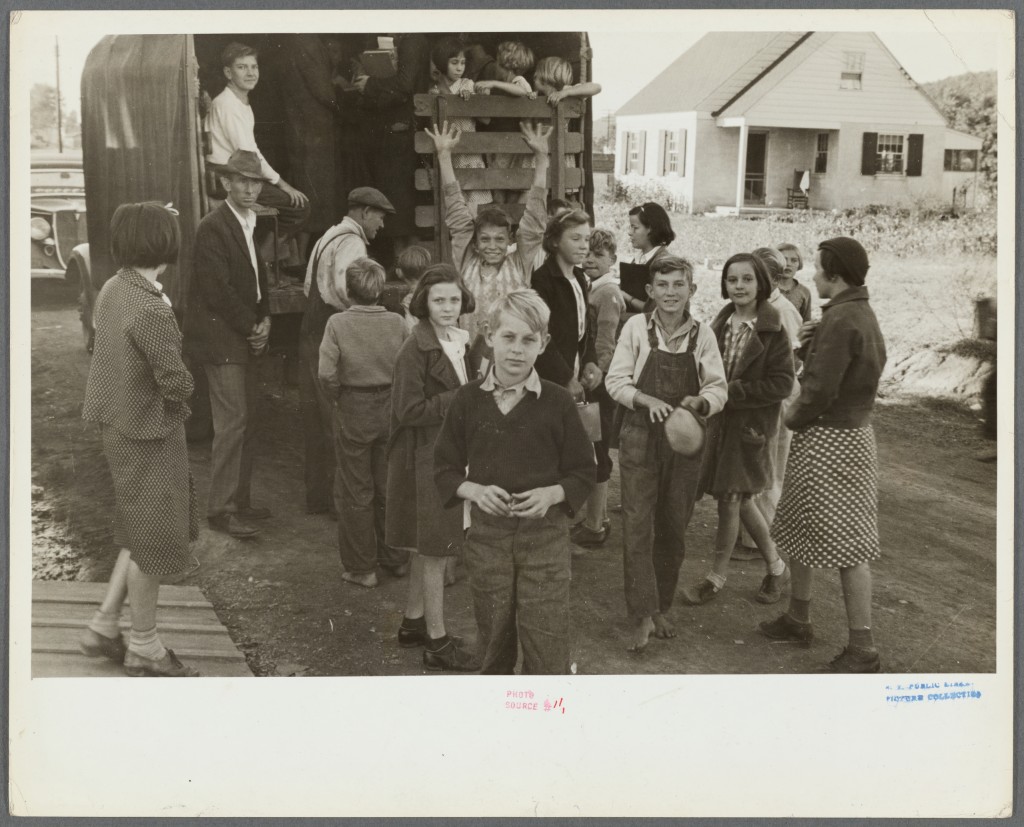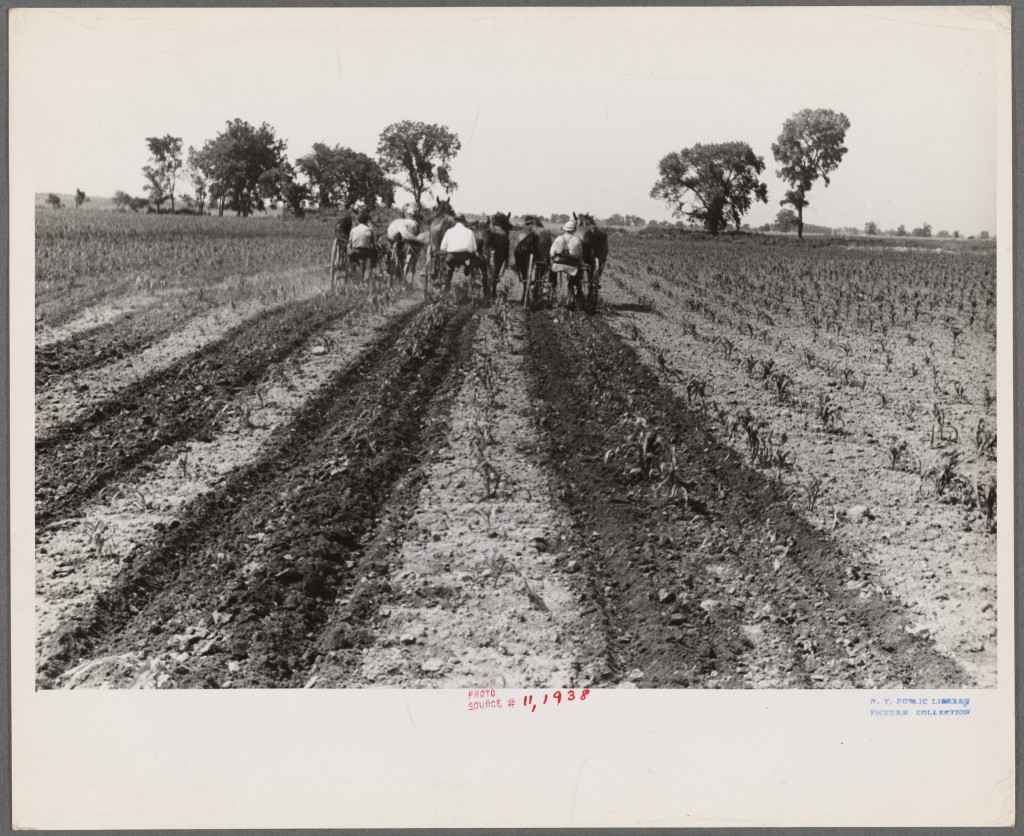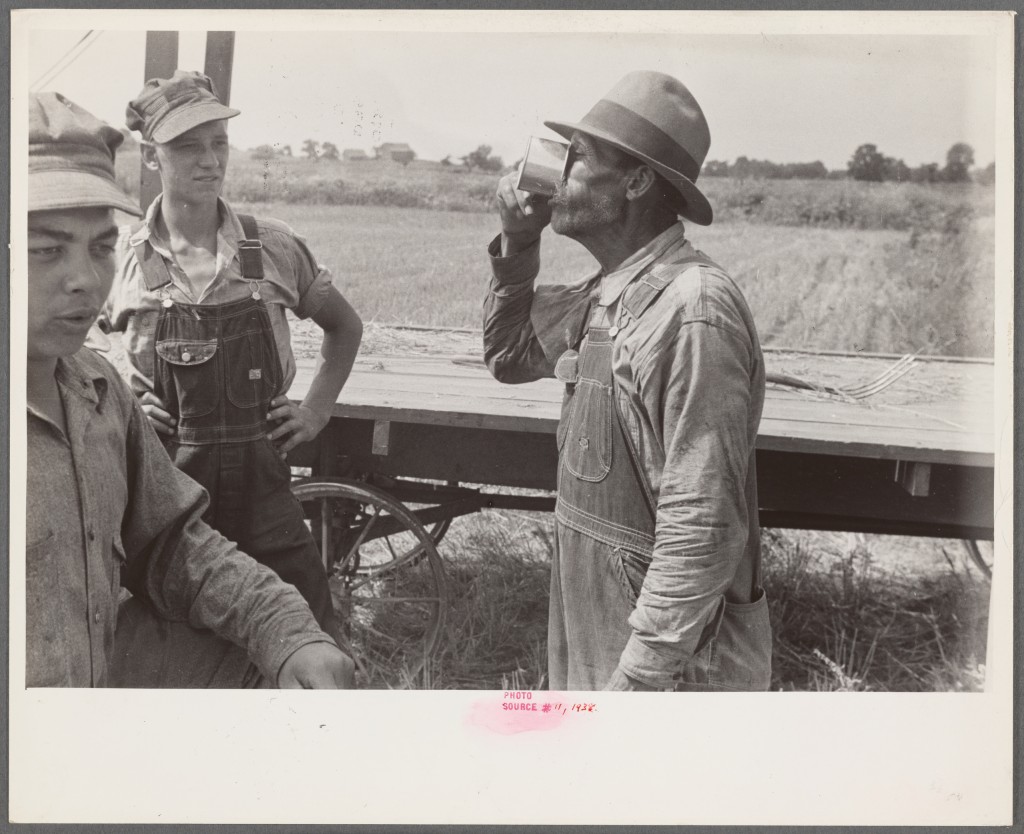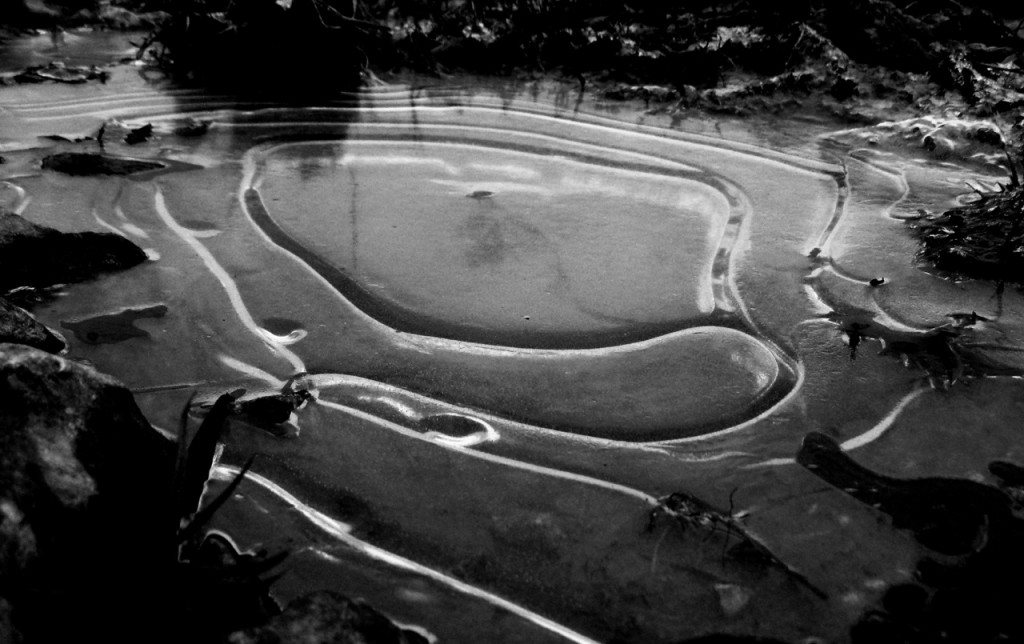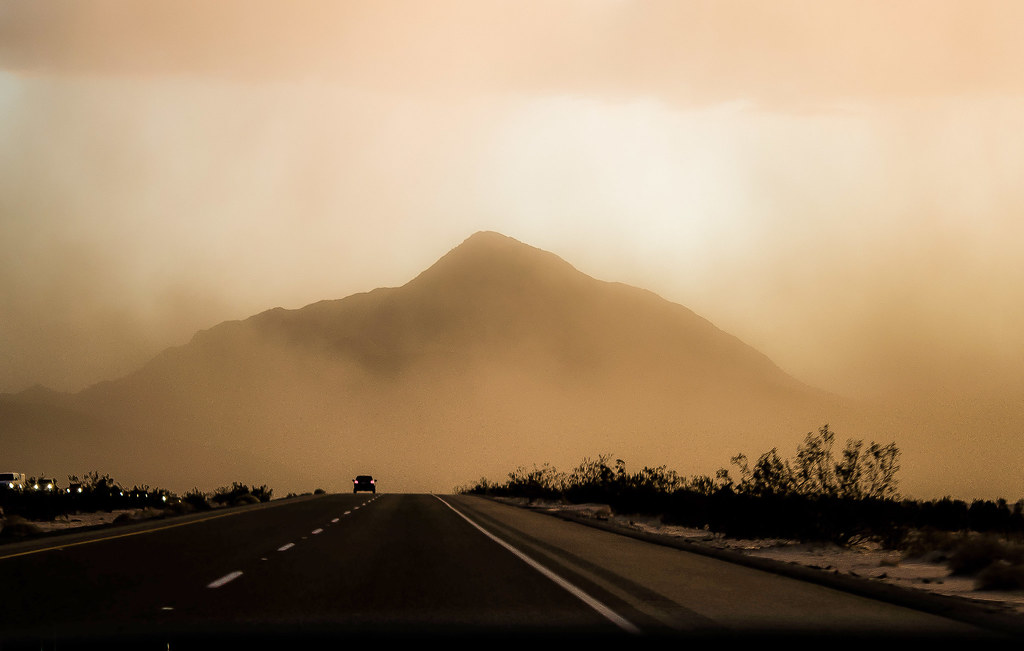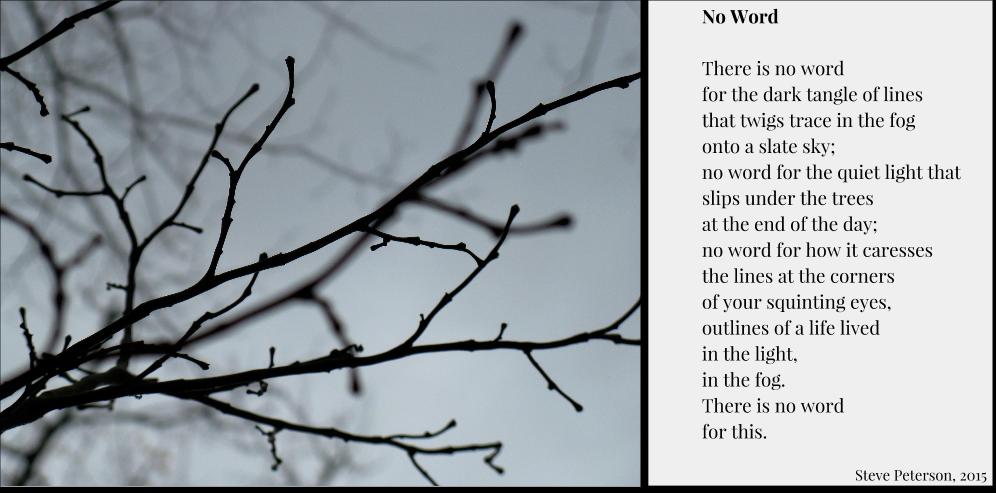This post is a response to an April Poetry Month challenge issued by Mary Lee Hahn at her blog, Poetrepository. She found some family photos this summer at her home place and thought it would be fun to write poems about them this month. Carol Wilcox (Carol’s Corner) and Kevin Hodgson, (Kevin’s Meandering Mind) are writing some awesome poetry this month (as always) along with Mary Lee.
Glimpse
Do you ever
catch sight of yourself
in a photo, say, one
from long ago
that you never could have
been in? You get a glimpse
of a life you never
got to live. So it was
you were flipping through some photos and,
like when the hall mirror
captures your image momentarily,
there you are. You’re not
the one in the background
jumping up to be noticed,
or the one striding
to meet the camera,
broad, confident smile on his face.
No, you’re the one standing,
head slightly tilted, curious,
apart from the others,
on the edge of the gathering noise.
You’re the absent one,
fondling a stone,
the one you picked up
alongside the road because
the sun lit up its mossy green streaks
and the black was deep
and mysterious.
You delight
in the smooth, cool
weight in your hand.
– Steve Peterson
Notes
I’m using images from the New York Public Library’s digital collection, in this case, another photo taken by Ben Shahn.1 Click on the image and you can learn more about where and when it was taken.
It has been fun to look through these old photos. When I came across this photo of kids loading onto the school bus in a small town in West Virginia in 1935, I did a double take. The expression on the face of the boy in the foreground is like so many on my face in photos from my past. I began to imagine a connection across the years.
- I talked more about his work in the an earlier post. ↩
